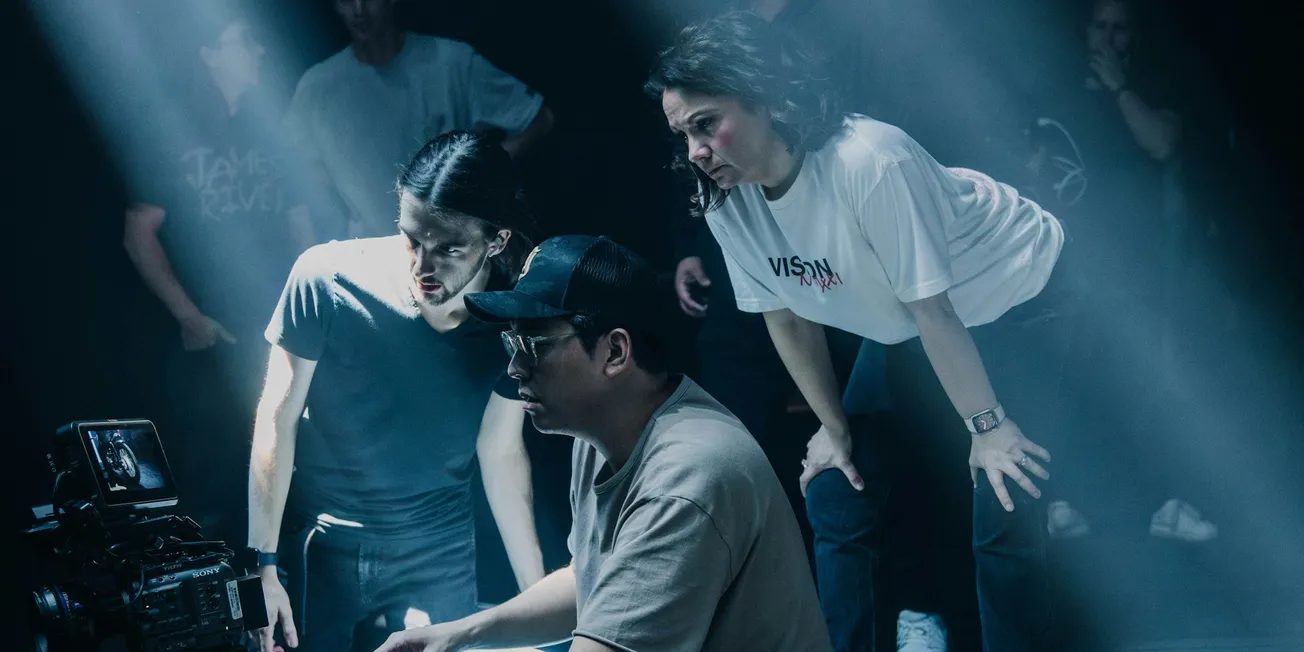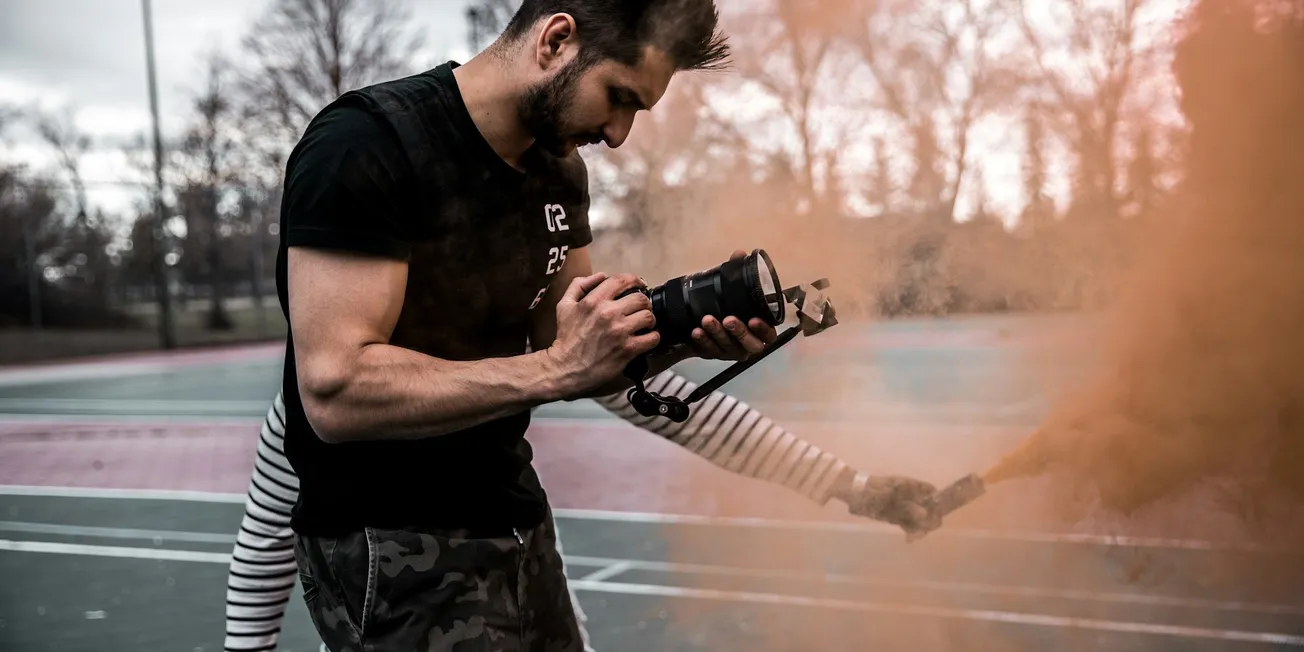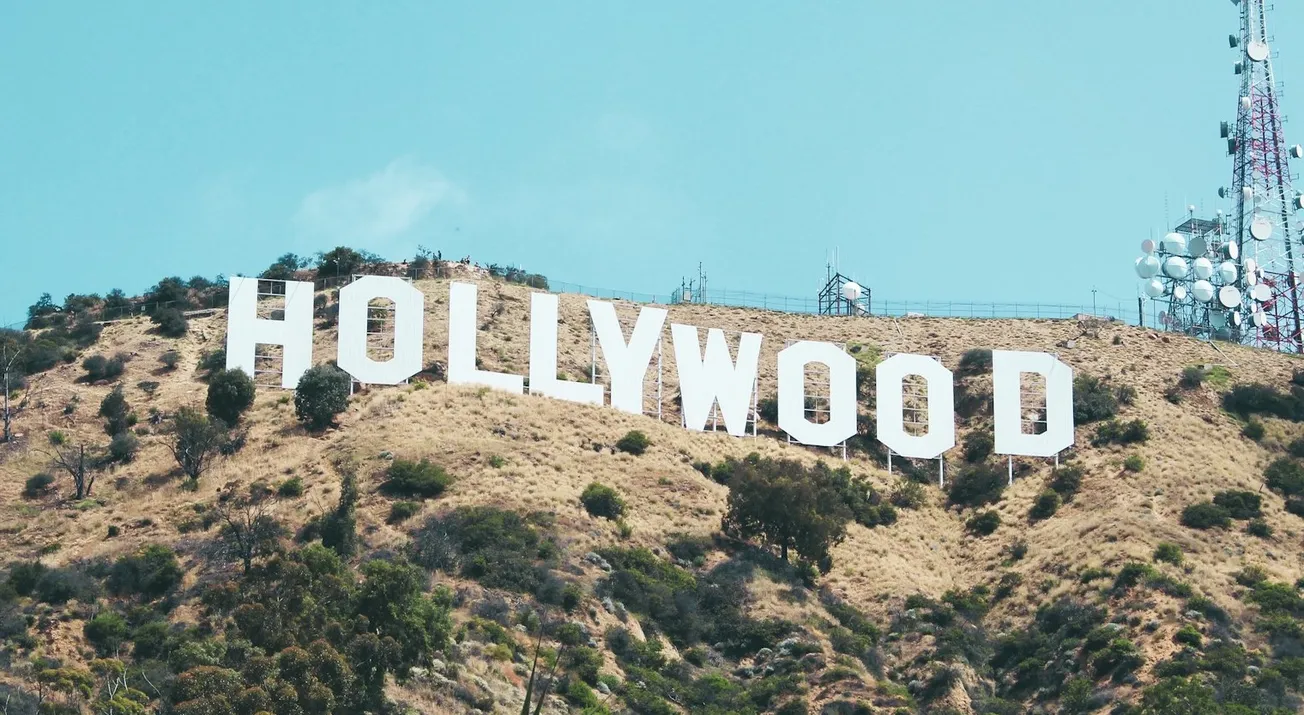Production jobs are changing rapidly. Budgets are shrinking as studios and outlets consolidate and media evolves. Technology is altering day-to-day work and the skill sets needed for various roles. Sets look different. Timelines are shrinking.
We talked to Wendy Millman, LP extraordinaire, to help you understand these changes, get an inside track, and better work with leadership on sets and in post.
You’ve worked on everything from huge comedy specials like John Mulaney and Chris Rock to live events like the Times Square NYE celebration. What responsibilities do you typically have?
A lot of it is budgeting, hiring, and managing crew. I make sure that all the teams are in sync with the schedule, that we're staffed properly, that we're staying within budgets, and also am a kind of liaison between the higher executive staff and the staff that’s doing the production. So much is happening and changing on a set, everything is moving so fast, and the executives that aren't on set or in the office every day can’t know what changes had to take place to take their vision to the set. I make sure they’re all nice to each other.
And then during post, in “wrap” as we call it, I’m making sure everyone's time cards are in, and making sure we fulfill what the network needs for their files and final delivery of the project.
Normally, for a line producer, production manager, and sometimes even a coordinator, depending on the scale of the project we will have 1-3 rapid weeks to be able to gather all that information so we can deliver everything together.
How are you seeing staffs change?
I definitely see staffs shrinking. Budgets have been smaller. That affects how we hire and staff, which is kind of a negative. There are times where you've been doing a show with a certain number of crew, and now the network is not going to give all that money. So you have to figure out how to make it work, and certain positions take on more. It’s a difficult situation. We have to look for a more hybrid position, someone that can do not just their job but another job, too. and can definitely juggle more than one thing at a time—a multitasker.
What are your most important relationships in a project? Who are you talking to most often, and where is your impact felt the most?
I work really closely with my EIC, the executive in charge of production. That person is the one that built the budget, and has passed it to me to stay within and bring to life.
I work closely with my production manager who's kind of my right hand, and then their coordinator. But I interact with the majority of the people on set, because if there's an issue or problem, the majority of them come to me. If they need more money, if something needs to be changed, if we need to go into overtime, I’m the person that they'll have to go to.
I also like to be in the know. I walk around a lot. I try not to hide in an office unless I absolutely have to be in the office to work on numbers. So I work with everybody on set, but the EIC and the production manager—and in some independent projects, some of the producers—will be the ones that I interact with the most.
But ultimately, the executive producer is the one I want to make sure is comfortable.
So you're managing both up and down. How can people best work with you? What advice would you have for them?
I think clear communication is something that's really important. If there are things that staff know are part of the role and responsibilities that they were hired for, I trust them to make the best possible decision and know it's correct. I hired them for their expertise. But if they really need my input, because I am pulled in so many directions, it’s important to come to me with the things that are really important—not every detail. So being selective on what they're going to come to me for.
What is important for your relationships with EPs?
Having a good rapport and respect for each other. I'm in my position for a reason, just like they're in their position for a reason.
I also think a lot of people in our industry forget that kindness goes a long way. You can yell at me and be angry for things that happen, but don't just always come to me or the team with negative things to bring up. It can have a big impact on the mood on a team and a set. We're in such a rush and we want to do good and we want it to look great that we forget that everyone's human and has feelings.
We entertain; we're bringing entertainment to everybody to make them happy. People should feel comfortable and happy.









